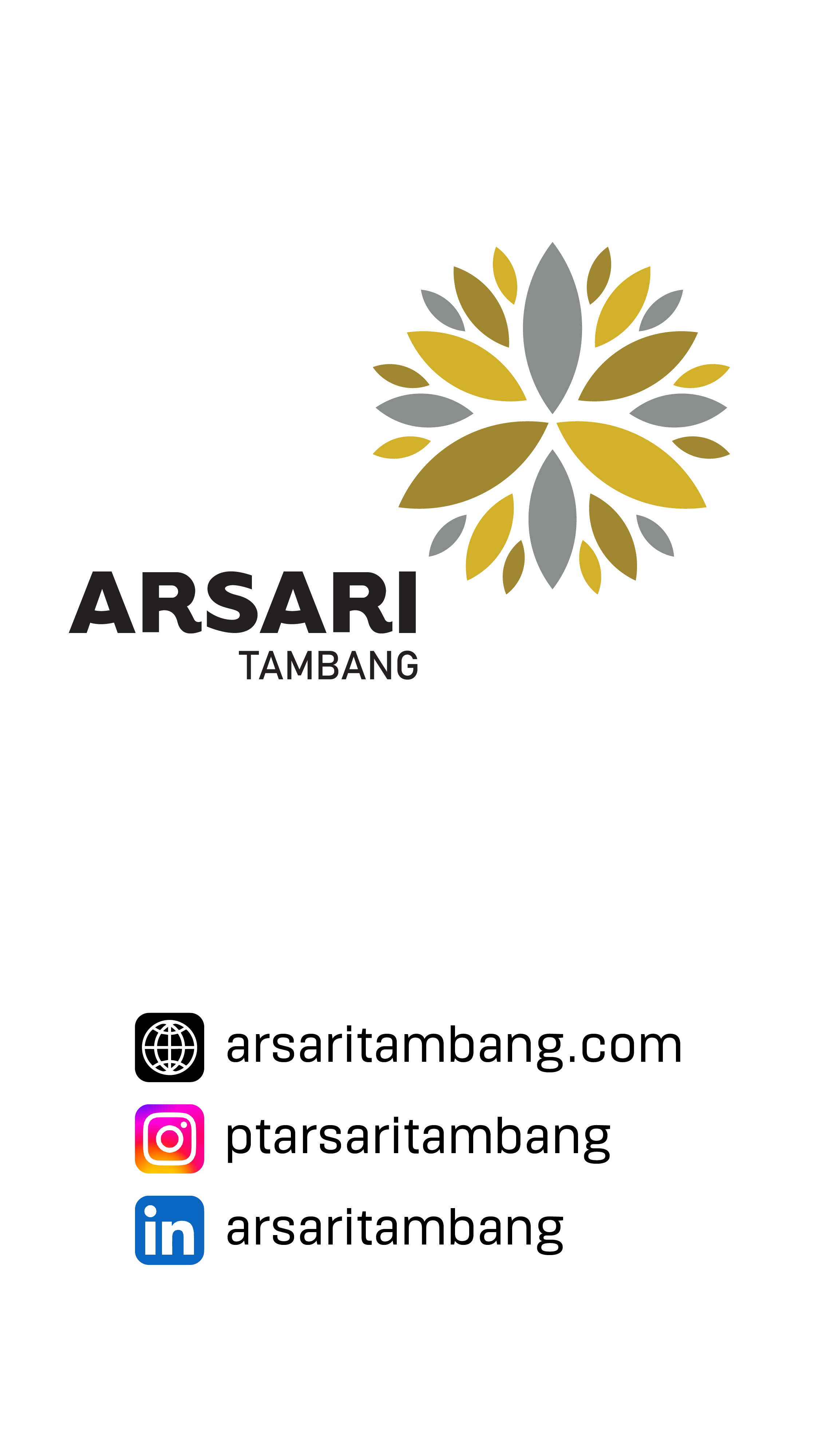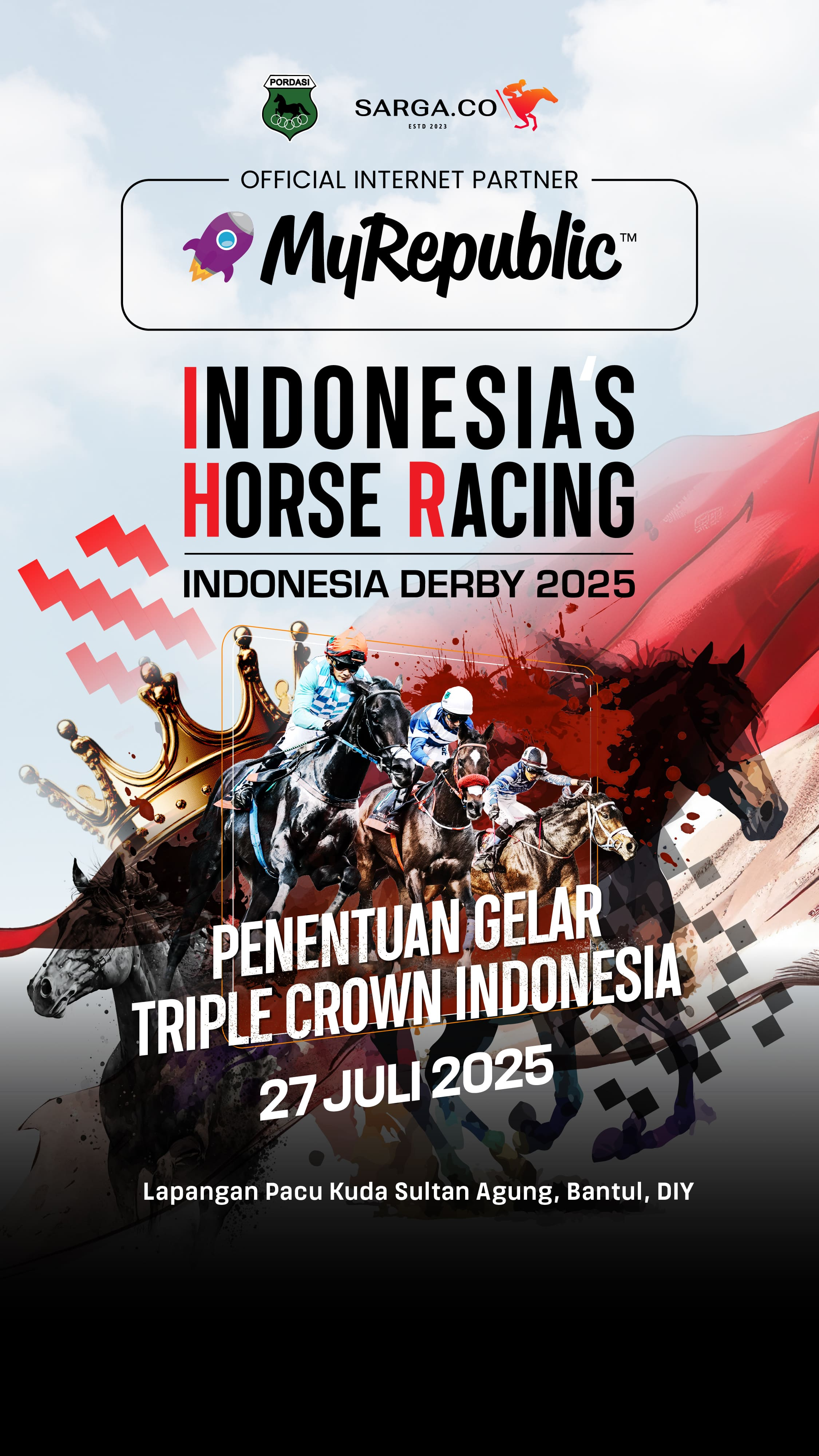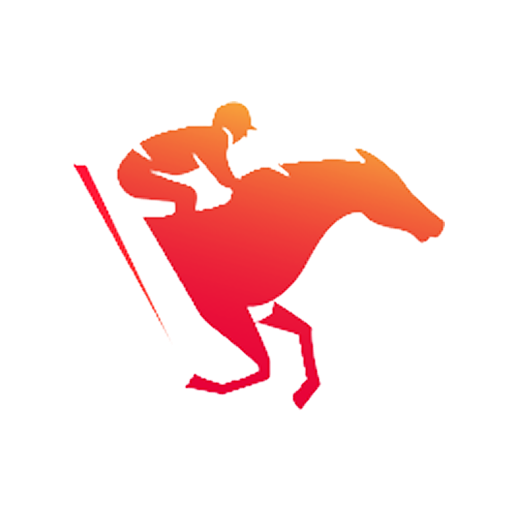



SARGA.CO – Today, the word “Derby” is synonymous with prestigious horse races. But did you know its origins go back to a wager between two English noblemen in the 18th century? Here are some fascinating facts about the very first Derby, which laid the foundation for legendary races like the Kentucky Derby, the Japan Derby, and even the Indonesia Derby!
1. The First Derby Was About Prestige, Not Just Racing
The Epsom Derby, first held on May 4, 1780, was born out of a “gentleman’s dispute.” Lord Derby and Sir Charles Bunbury bet on who could stage the best horse race. In the end, Lord Derby won the coin toss to name the event — and thus, the “Derby” was officially born.
2. The First Winner Was Named Diomed
A colt named Diomed won the inaugural Epsom Derby. Although his fame faded after retirement in England, he became a star in America when exported there as a stallion, siring a line of champions that shaped U.S. racing.
3. The Original Distance Wasn’t Always 2,400 Meters
When first run, the Derby covered 1.5 miles (about 2,400 meters) — a distance that would later become the standard for many Derbies worldwide. In the early years, however, distances and rules varied before becoming formalized.
4. An Exclusive Race for 3-Year-Olds
One defining trait of the Derby, still true today, is that it’s reserved for three-year-old horses. Why? Because age three marks a racehorse’s first physical peak, before entering the “senior” ranks at four and older. In essence, the Derby is the ultimate showcase of young talent.
5. The Derby-Inspired “Children” Around the World
After its success in England, the Derby concept spread globally: the Kentucky Derby (U.S.) was first held in 1875, the Tokyo Yushun (Japan Derby) began in 1932, and France’s Prix du Jockey Club dates back to 1836.
Today, the term “Derby” is used for many competitions beyond horse racing — including football matches like the Manchester Derby.
6. From Aristocrats’ Event to Public Spectacle
Originally reserved for the aristocracy, the Derby gradually became a festival for the masses. Even during difficult times like the World Wars, the Derby was still run, offering hope and entertainment.
7. More Than Just a Race
Modern Derbies are more than sport: they are cultural festivals, complete with fashion, parades, food, and of course, betting. For many, the atmosphere is as much a draw as the race itself.
(Various sources)
























































Install SARGA.CO News
sarga.co